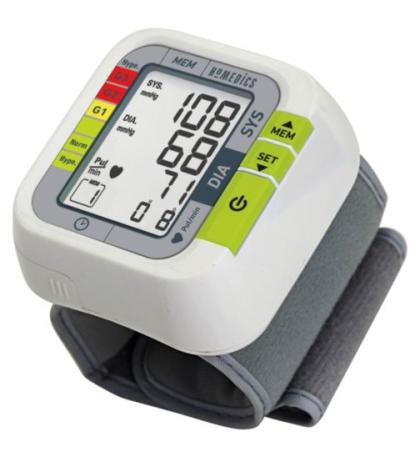Essential health tests for men over 40

Most men don't like going to the doctor when there's something wrong, never mind for a check-up. But being proactive about your health - and taking the NHS up on their free health check programme - could mean that you spend less time at the doctors in future.
See also: Men and cancer - symptoms you should never ignore
The health tests a man should have will depend on age, family medical history and lifestyle. If you're aged 40-74, here are main tests available for free from the NHS, plus a few others you might consider depending on your family history.
The NHS health check
The NHS health check programme - otherwise known as the midlife MOT' – aims to help prevent heart disease, stroke, diabetes, kidney disease and certain types of dementia. Offered once every five years, it tests your cholesterol levels, blood pressure, blood sugar and weight.
Cholesterol
Cholesterol is a type of fat carried around our bodies in the blood. If high levels build up in the arteries it can lead to an increased risk of heart attack or stroke. Because there are no warning signs or symptoms (you won't know if you have high cholesterol until something serious happens) it's important to get tested regularly.
Your doctor can do a simple blood test in the surgery, without you having to fast beforehand. If there's a problem, you'll be offered lifestyle advice and support to help bring your cholesterol level down.
Blood pressure
Around half of over-65s in the UK have high blood pressure, but because it presents no symptoms, it often goes unnoticed. When your blood pressure is too high, your heart has to work harder to pump blood around your body. Over time, this can weaken your heart and put a strain on the walls of your arteries, making a blockage more likely, and increasing the risk of heart disease, stroke and kidney disease. A normal reading would be 130/80mmHg.
The quick and painless test could potentially save your life. If your GP or nurse finds that you have high blood pressure, you will be offered a blood test to check the function of your kidneys and may be offered a test to check your risk of diabetes. They may also recommend lifestyle changes, such as exercising more and eating less salt, or may prescribe medication. You can check also check your blood pressure in pharmacies or at home with a monitoring device.
Bowel cancer screening
Bowel cancer is the third most common cancer in the UK - and 80% people who are diagnosed with the disease are over 60, with men at greater risk than women. The NHS send out a two-yearly invitation to those aged 60 to 74 for screening. If you have a history of bowel cancer in the family it's worth speaking to your doctor.
The Faecal Occult Blood Test kit can be done at home, and comes with clear instructions on how to collect a stool sample and where to send it for analysis. Should a problem show up, you may be asked to repeat the test, or undergo a colonoscopy.
Eye tests
Everyone over the age of 60 can go along for a free NHS sight test. As well as testing your general eyesight, these can pick up early signs of cataracts, glaucoma and diabetes, and detect any signs of injury or abnormality.
Prostate exam
If you're over the age of 50 and your father or brother had prostate cancer, it's worth speaking to your doctor about being tested. Many men do not experience any symptoms (such as problems with urination) in the early stages of the disease, so you may not know there's a problem until it becomes more serious.
The test is a digital rectal exam (in which the doctor inserts a gloved finger, or digit, into the rectum to feel for lumps and abnormalities) and a PSA test, which measures a protein called prostate-specific antigen in the blood.
Skin cancer check
Because the effects of sun exposure accumulate over time, the over-65s are at greater risk of developing skin cancer. With deaths from the disease in that age group tripling over the last 30 years, it's essential that you check your own skin for any changes in the colour, size or shape of any moles, which may indicate a malignant melanoma.
See your GP straight away if you spot anything suspect. Alternatively, there are specialists who can check for you, and these services are available at a number of Boots and Superdrug stores.
Weight and diabetes risk
Finally, it's worth keeping an eye on your weight. When you go for your NHS Health Check, a doctor or nurse will check your BMI to see if you're a healthy weight for your height.
People with a high BMI are at greater risk of a range of conditions, including heart disease, stroke, type 2 diabetes and certain cancers. If your personal history, blood pressure and BMI test results suggest that you're at an increased risk of developing type 2 diabetes, the doctor may want to check the level of sugar in your blood.
Three products that may help to improve your health:

HoMedics Wrist Blood Pressure Monitor, £24.99

Accu-Chek Mobile Blood Glucose Monitor System, £29.99

Low-Fat, Low-Cholesterol Cookbook: Delicious Recipes to Help Lower Your Cholesterol, £11.80
Related videos:




